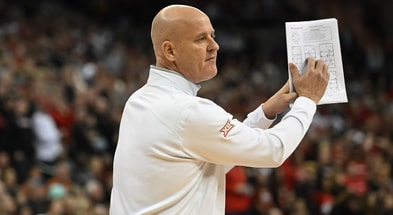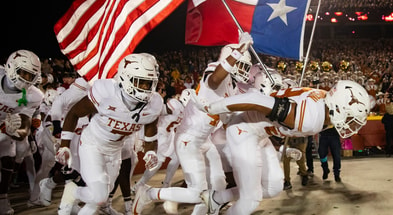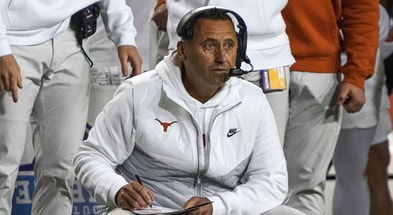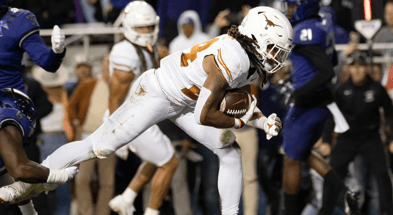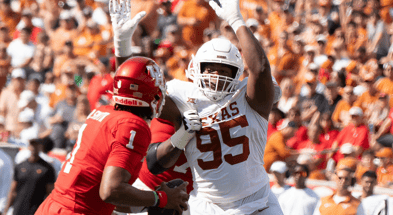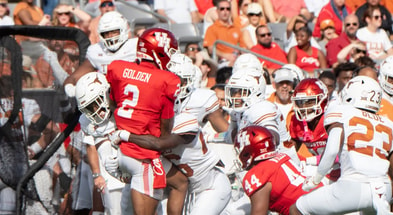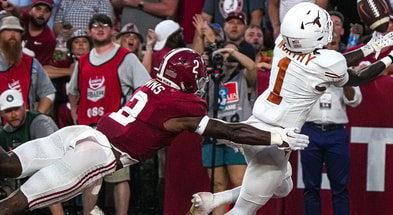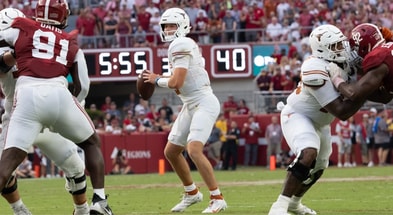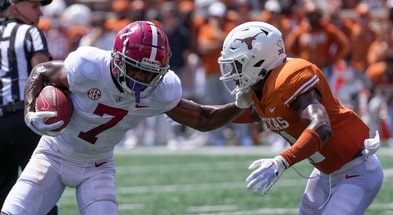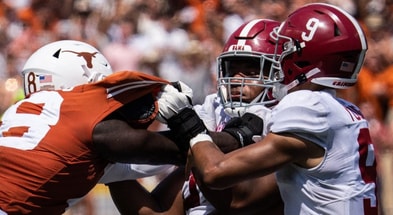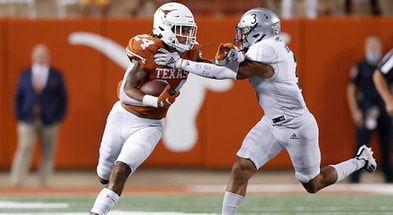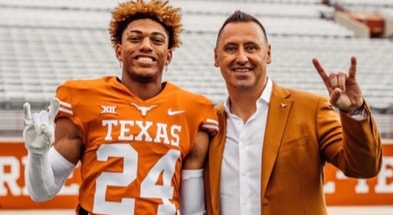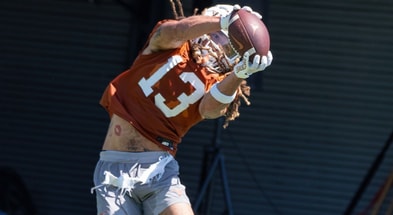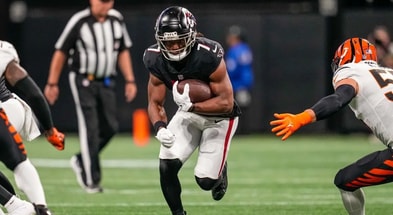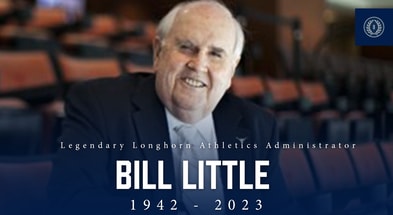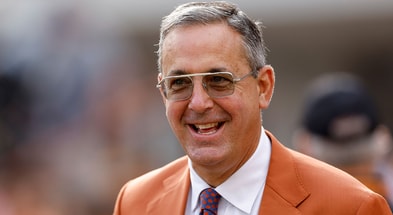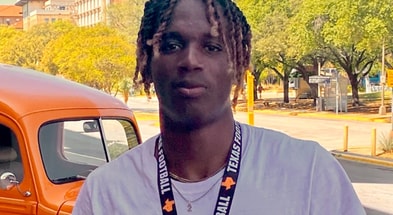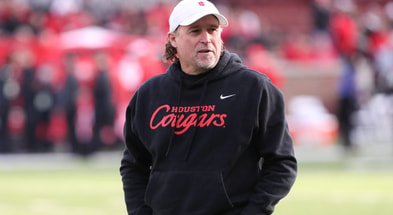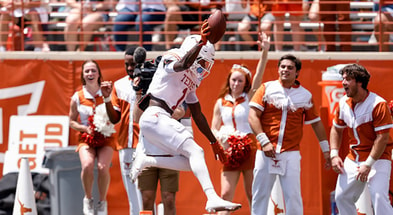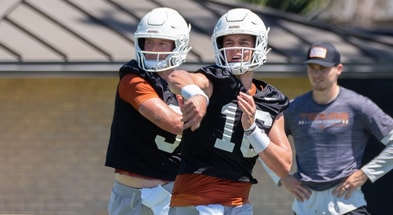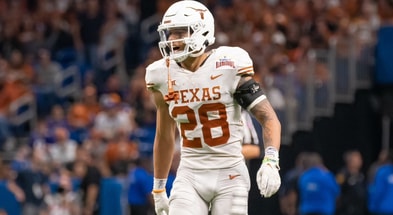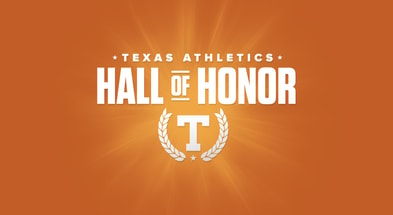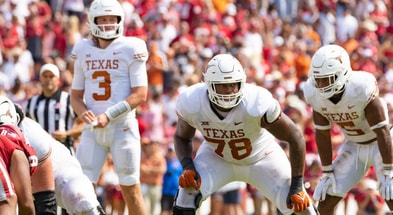Dear NCAA, do you feel in charge?
In the Dark Knight Rises, those were the words uttered by Bane to his pencil-necked financier as the arrogant oligarch made an unfortunate read of the room and attempted to assert authority over him. With that simple question and the back of a hand laid gently on his shoulder, the real power dynamic became chillingly evident. Bane wasn’t labor, he was ownership. Bane’s next question (“And this gives you power over me?”) with a fade to black and the sound of a neck being snapped are the inevitable postscript.
This brings to mind the NCAA and the journalism around their move to govern and limit NIL free agency, tampering, and open bidding wars for college talent.
Do they feel in charge?
They used to be in charge. Well, sort of. Any government rules by the consent of the governed. Whether manufactured through consensus and an appeal to common interests, honest power exchange, or manipulation and brutal intimidation. But no governance can continue if the governed simply say enough.
The NCAA long ruled universities by virtue of a common consensus amongst the governed institutions. Outlaw behavior was generally understood and defined and the vast majority of universities – those inconvenient academic institutions attached to football teams – fretted and worried about being branded renegades. That was the NCAA’s power: isolation, shame, reprobation. Fully derived from the consent of those it governed. The NCAA, in its institutional bureaucratic arrogance, came to believe that its power was derived from its simple existence. Such is the nature of all bureaucracy.
We’ve entered a new era. Universities and their athletic programs have become increasingly unmoored. College football no longer has to honor most of its pretenses. The NCAA was made irrelevant as those it purports to lead created alternative practices and adopted a different outlook, forced by legal rulings, Have/Have Not sorting, and de facto athletic free agency. Censure loses its power when shame is removed from the game.
The question then, is not one of NCAA authority. It is whether the institutions themselves wish to curb NIL, portal hopping, and tampering excesses to save the core elements of the sport. The NCAA will be used as the convenient tool to enforce this consensus, but if you believe that the NCAA is anything more than a figurehead and its leaders much more than marionettes, review the Bane dynamic. Except that in this case, Bane is also the one supplying the money.
The real power dynamic is between the major conferences fueled by live television rights in an uneasy tension with those it purports to govern: the athletes.
There is already ample “wet streets cause rain” journalism suggesting that the NCAA is driving change. They are not in charge. They are a vehicle. And their administrators should know to shut up, collect their improbable salaries, and dance when the real power brokers summon them. The NCAA is now a intermediating body to enforce conference and key team desires underwritten by television money to create distance and deniability in the real struggle between capital and labor. In the Smithian rather than Marxist sense.
A hand has been laid gently on the shoulder.
Read the room.
